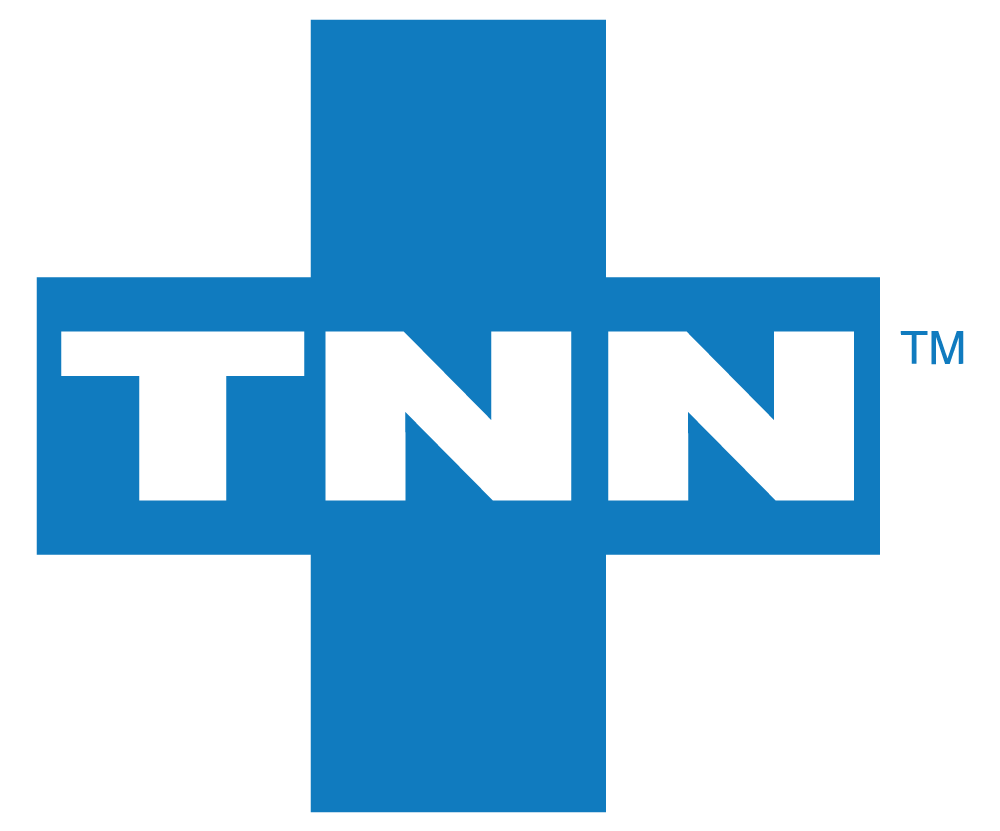
Do you find yourself restless working within the confines of a hospital or clinic? Do you dream about having a tangible impact on improving the well-being of entire communities? If so, you may have what it takes to thrive as a public health nurse.
This highly rewarding specialty allows nurses to step beyond conventional patient care and engage fully with the population’s health. It’s an opportunity to disrupt the status quo and fight for American public health equity across all groups in society.
Intrigued to learn more? Read on to discover the types of work public health nurses undertake, settings they are employed, salary insights, steps to enter the field, and why it’s one of nursing’s most meaningful career paths.
What Does a Public Health Nurse Do?
- Assessing community health needs
- Identifying underserved residents or health disparities
- Implementing public health programs and interventions
- Educating on topics like disease prevention, nutrition, wellness
- Connecting people with health care services and resources
- Advocating for policies that improve community health
Where Do Public Health Nurses Work?
- Government health departments
- Non-profit community health agencies
- School districts
- Shelters, group homes, or residential facilities
- College health centers
- Faith-based community nursing programs
- Home health agencies focusing on community/public health
- International or global health organizations
Public Health Nurse Salary and Job Outlook
Public health nurses earn an average salary range of $60K to $80K per year. Those working in state government roles earned the highest wages averaging $86,130 annually. The lowest 10% earned less than $51,600 while the highest 10% earned over $108,000 per year.
In addition to decent pay, public health nurse jobs are growing quickly. Employment in the field is projected to expand by 16% from 2020 to 2030, much faster than the average across all occupations. An aging population, greater focus on preventative care, and the need to reduce health disparities will continue driving demand.
Becoming a Public Health Nurse
- Bachelor’s degree in nursing (BSN)
- National Council Licensure Examination (NCLEX)
- Registered nurse (RN) license
It’s also recommended to earn certification in public or community health nursing, such as the credential offered by the American Nurses Credentialing Center.
Some employers may accept nurses with associate degrees or diplomas if they have enough related nursing experience. However, the BSN provides stronger clinical grounding and opportunities for leadership roles. Many schools also offer combined BSN/Master of Public Health (MPH) programs to further specialize.
Once licensed and certified, public health nurses can begin applying for open positions based on their interests and qualifications. Some facilities may also offer internships or volunteering to gain valuable experience.
The Rewards of Public Health Nursing
Public health nurses find meaningful work knowing they make a direct impact on population health every day. Instead of only seeing patients here and there, they engage with whole groups and communities over time. It allows nurses to connect changes in health policies and programs to tangible improvements in people’s well-being.
While the job duties vary significantly, public health nurses enjoy constant diversity. Nurses could be working with school children one day on nutrition, running an adult health screening event the next, and visiting new mothers to discuss breastfeeding best practices the following day.
If you feel ready to leap into this rewarding specialty, the team at Total Nurses Network can help.
Our nurse staffing agency has over 35 years of experience connecting dedicated nurses like you with various nursing positions in hospitals, health departments, community agencies, schools, residential facilities, and more.
Contact Total Nurses Network to learn more about opportunities in your area that match your skills, interests, and career goals. Together, we can make a difference in fostering healthier communities.








